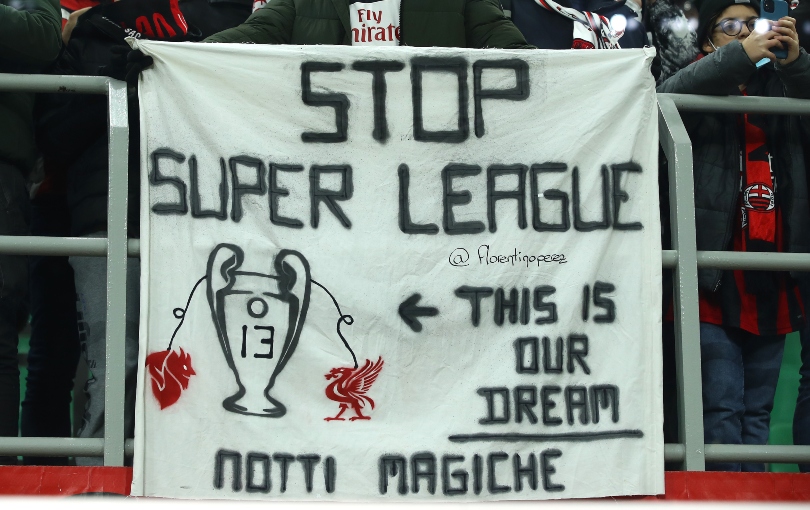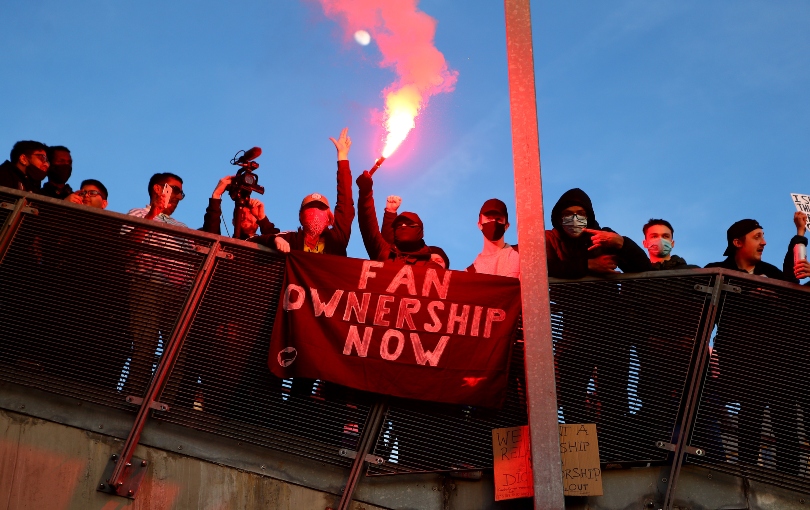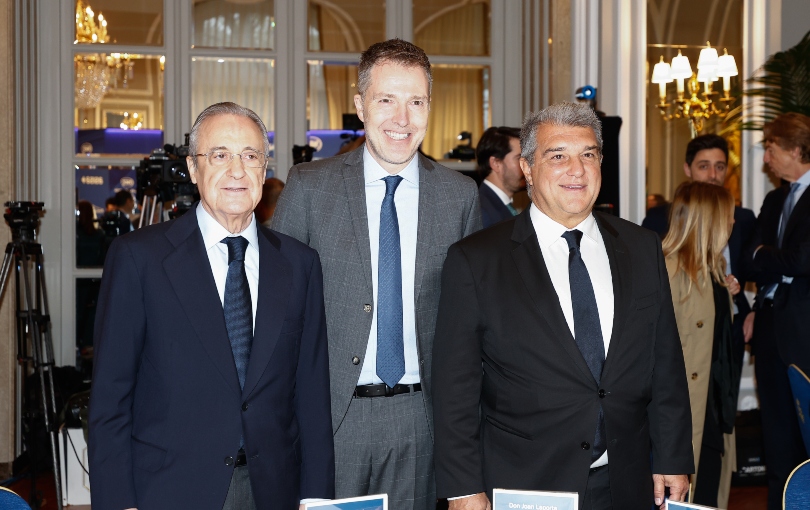
The European Court of Justice has ruled this morning that FIFA and UEFA acted unlawfully in blocking attempts to launch a controversial European Super League.
The competition was proposed in 2021 with the intention of providing even more regular fixtures between the continent's biggest teams. The plans, which were widely criticised as selfish, greedy and elitist, prompted a backlash from many supporters of the clubs involved.
After the idea was shut down, the company behind it - A22 - launched a legal challenge and the ECJ reached its verdict in Luxembourg earlier today.
What does the European Super League verdict mean?

The ECJ verdict has reopened the possibility of a European Super League being introduced, but there is no obligation for any future plans to be approved.
Their ruling stated that FIFA and UEFA had “abused their dominant position” by preventing the creation of any new club competitions. A22 have responded by announcing revised plans for a European Super League, which continues to be backed by Barcelona and Real Madrid.
UEFA, who will be holding a press conference this afternoon, released a statement saying that 'it remains resolute in its commitment to uphold the European football pyramid, ensuring that it continues to serve the broader interests of society.'
Are English clubs going to break away from the Premier League?

Of the 12 clubs that originally backed the European Super League proposal two years ago, half came from England.
Arsenal, Chelsea, Liverpool, Manchester City, Manchester United and Tottenham Hotspur all dropped out following a hostile reaction from supporters and governing bodies. Since then, no English clubs have declared their support for a breakaway competition but the possibility of that happening has been reopened by today's verdict.
The six clubs have been threatened with 30-point deductions if they do the same again, and the UK Government has included blocking mechanisms in the new Football Governance Bill.
What will the new Super League format look like?

A22 has already announced revised plans for a breakaway competition featuring top clubs in men's and women's European football.
The men's competition would be split into three tiers - the Star (top tier of 16 teams), Gold (middle tier of 16 teams) and Blue (bottom tier of 32 teams) - with promotion and relegation operating between them.
The top eight teams in each league will progress to the knockout stages, with quarter-finals and semi-finals played over two legs and the finals held at neutral venues.
The bottom 20 teams in the Blue league would be removed from the competition and replaced by the best-performing clubs from European domestic leagues.

The two teams that make the final of the Gold and Blue leagues would be promoted, while the two teams that finish bottom of the Star and Gold leagues would be relegated.
Matches will be played in midweek, so this new competition could be incorporated into the existing European football calendar.
The women's competition would adhere to a similar model, but with 32 teams instead of 64.
More stories
Manchester City close to signing wonderkid forward - for FREE: report
Arsenal handed Ivan Toney boost, with Brentford admitting striker will move 'very shortly'
Chelsea face huge dilemma, after unclear contract details emerge about one of their players: report







